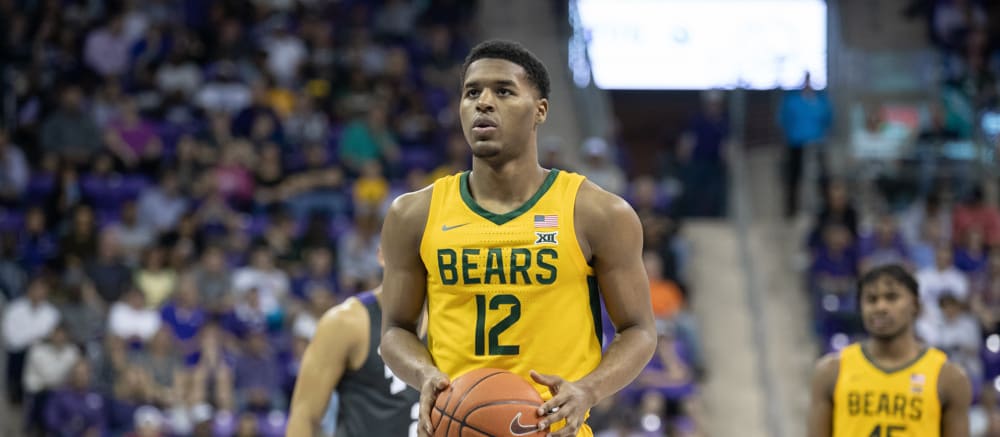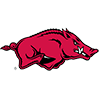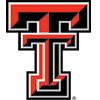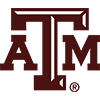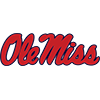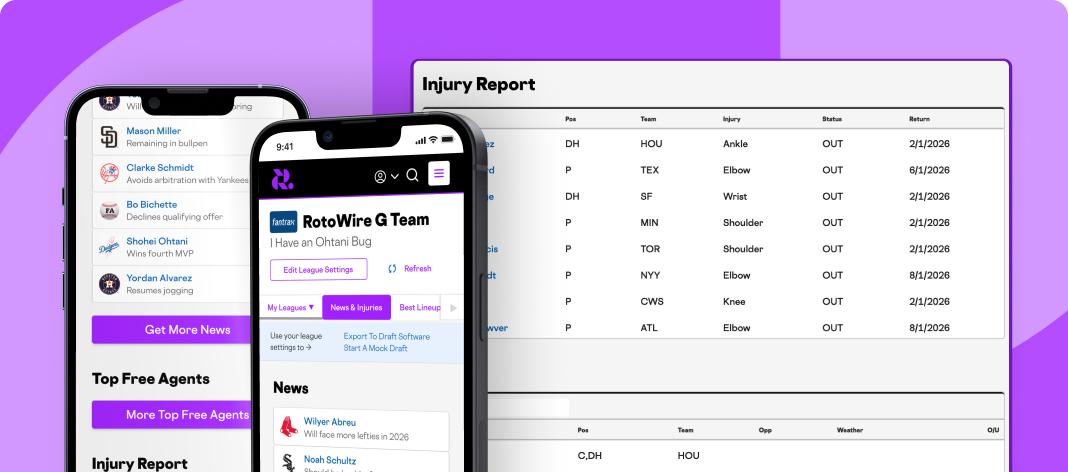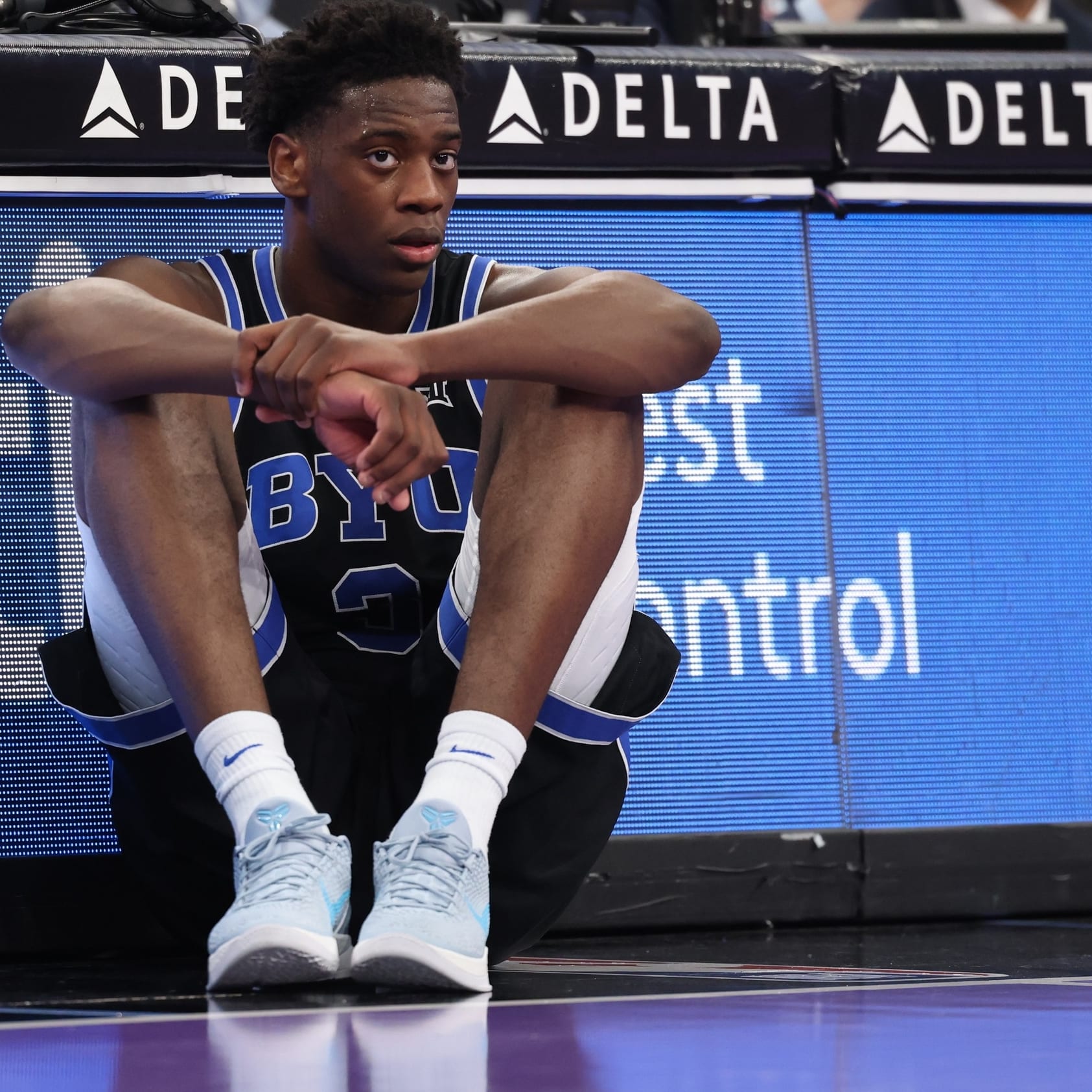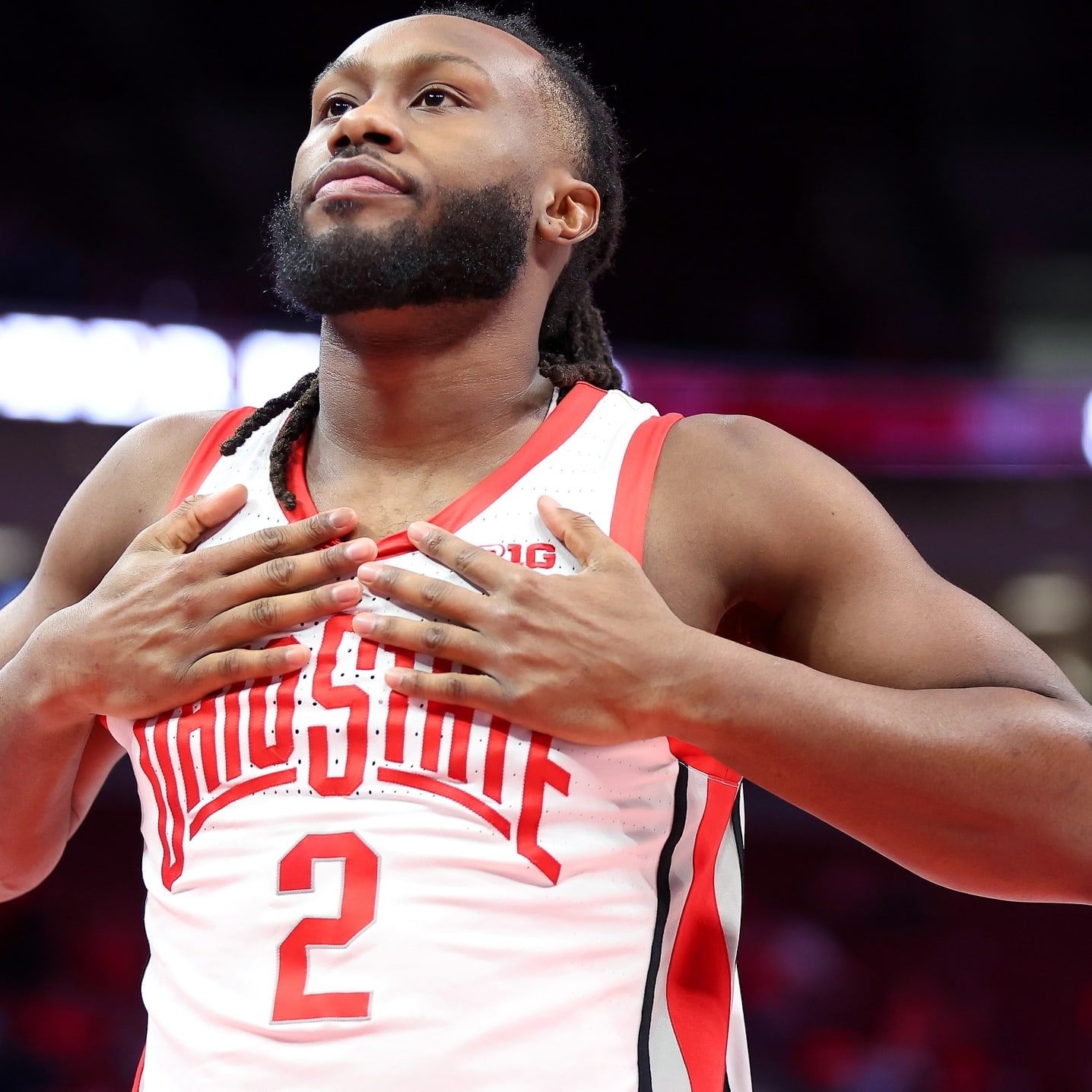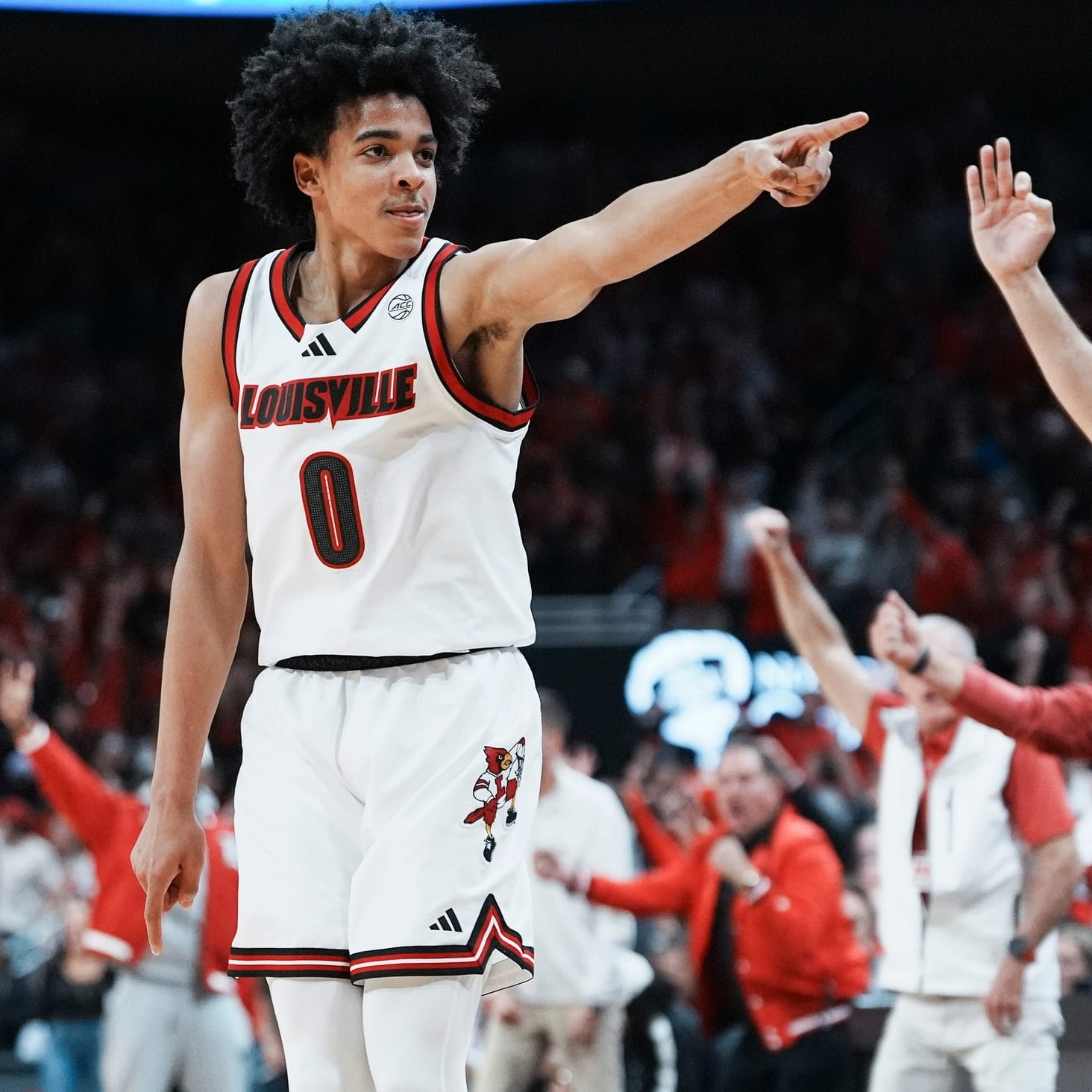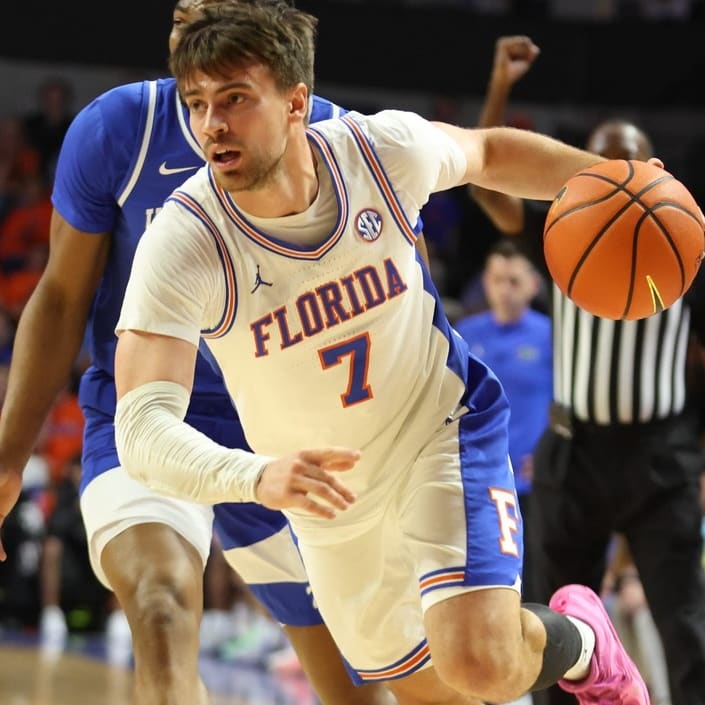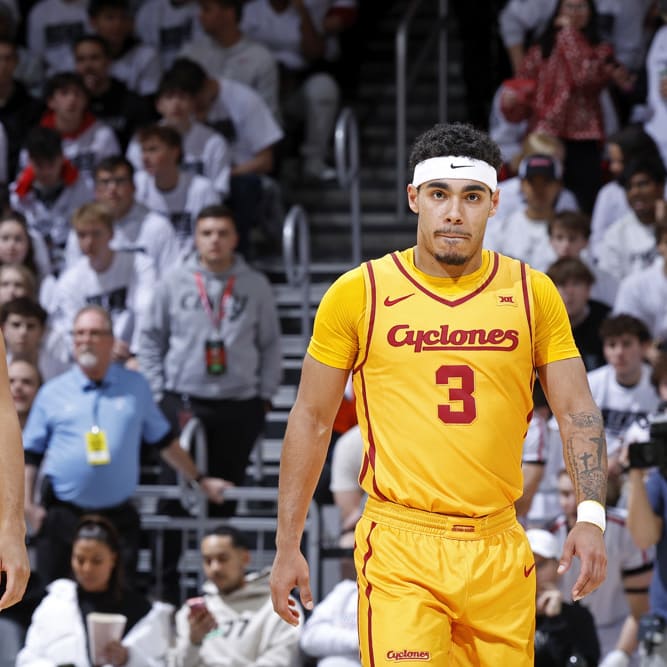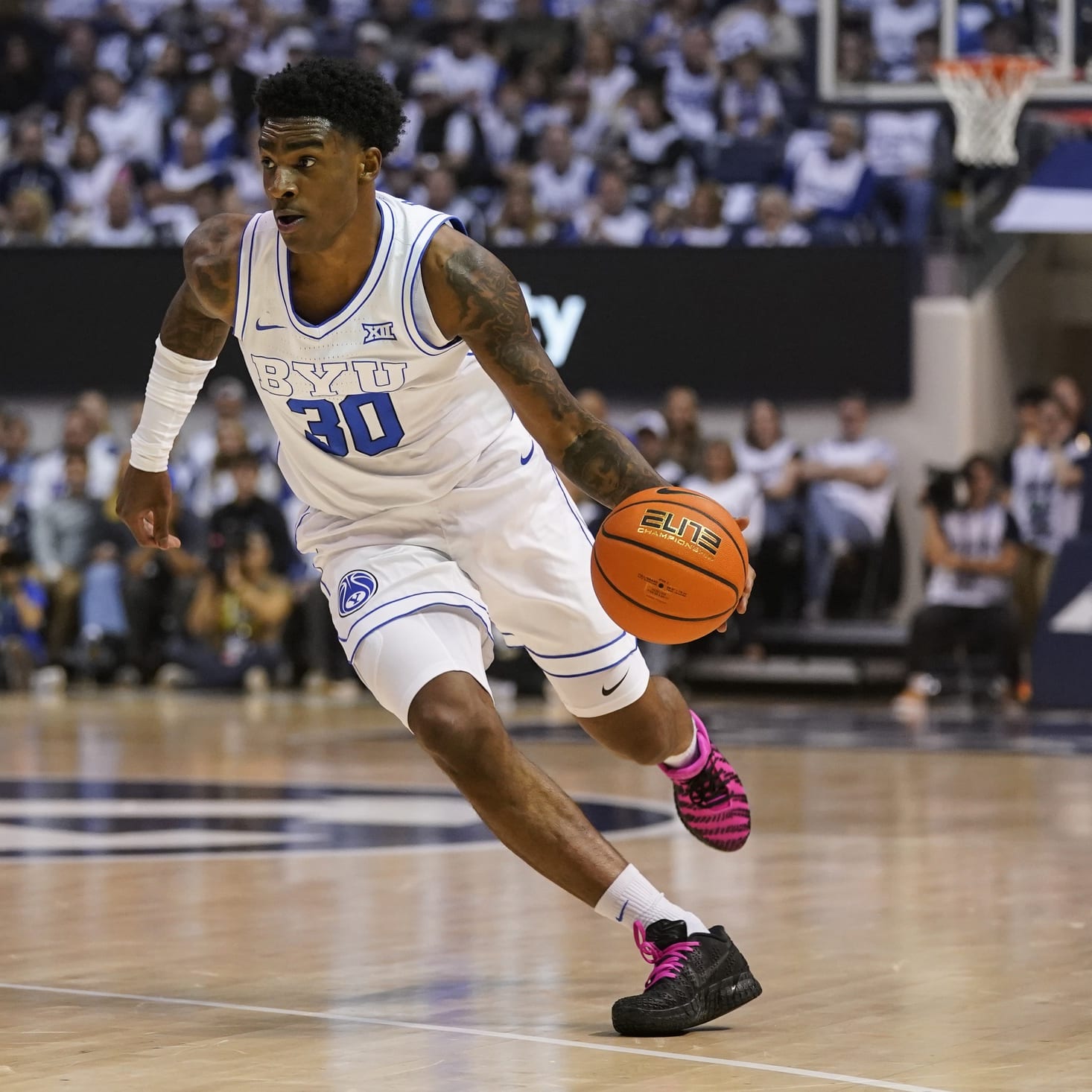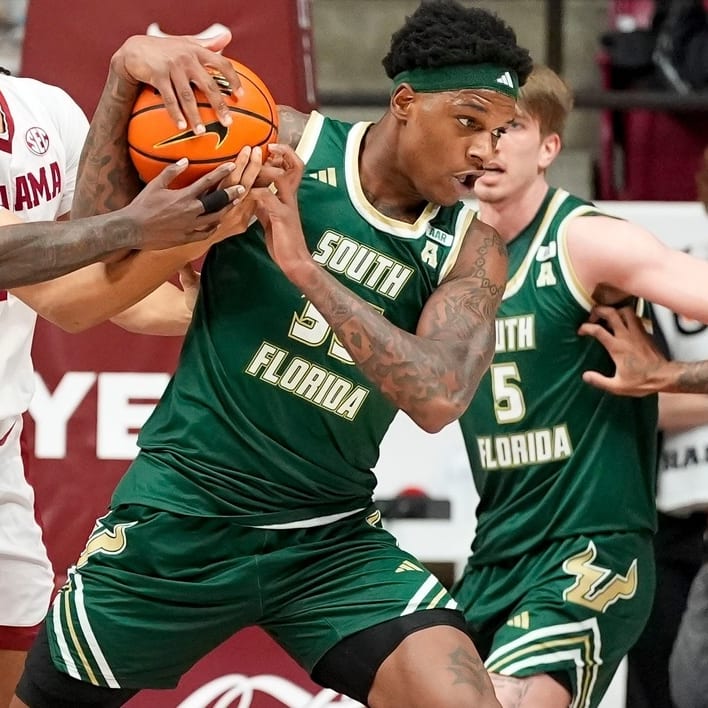There have been recent seasons in which the top preseason teams stayed at the top of the rankings and never looked back. Think Virginia in 2019 and Villanova in 2018. This season, that title goes to Gonzaga and Baylor. In the preseason AP Poll, Gonzaga was no. 1 and Baylor was No. 2. Nothing has changed in a couple months and that'll likely remain the case until the start of the tournament.
Gonzaga and Baylor
Gonzaga and Baylor are so far ahead of everyone in the metrics that it's almost guaranteed that both of them will be No. 1 seeds more than a month from now. The question is who will get the No. 1 overall seed and have an easier path to the title game. The advantage will go to Baylor if it wins out the rest of the way, mainly because it plays in the Big 12 and almost every game is considered a Quad 1 opportunity. Gonzaga plays in the WCC and only has three more games against teams ranked in the top 130 of the NET.
With the top two teams settled, a lot of talk has revolved around the next two 1-seeds. In the end, it probably won't mean much, as long as you get one of the next four spots. The No. 4 team and No. 5 team will be in the same region and the same goes for the No. 3 and No. 6 teams. The road to the Final Four is maybe easier for 1-seeds because they're supposed to play worse teams than 2-seeds, but in a COVID-19 season, the paths for 1 and 2-seeds will be pretty similar, especially since location isn't a factor.
Everyone Else
Michigan is thought to be the consensus No. 3 team in the country, but it also hasn't played since Jan. 22 and its next game is tentatively set for Feb. 14. The Wolverines have played well, but their schedule has been easier than most in the Big Ten with their only true road games coming against Nebraska, Maryland, Minnesota and Purdue. It's also the same team that needed overtime to beat Oakland in the second game of the season. So while Gonzaga was busy blowing out Kansas in its opener, Michigan struggled to beat a team from the Horizon League. That's the difference between the top two teams in the country and everyone else.
The Wolverines have the easiest path to a No. 1 seed, assuming they don't lose a step when they return from their COVID-19 pause. Of note, none of their players have tested positive. They're under a school-wide pause, which is beneficial compared to teams who have had numerous players test positive. At 13-1, the Wolverines are No. 3 in the country in every relevant metric. If they don't fall apart when they return, they have a good shot of grabbing a 1-seed.
Behind them, it's a bit of a mess. As of Friday, Villanova was the consensus projection at bracketmatrix.com, but it also was No. 10 at KenPom and No. 12 in the NET. That's largely in part to a loss to St. John's on Wednesday, though it wasn't ranked No. 4 in those metrics before those losses.
Villanova leads for now, but there are multiple teams in the running who could overtake them. Illinois, Iowa and Ohio State are next in the Big Ten, while Alabama and Virginia are long shots from the SEC and ACC, respectively. None of these teams are elite, but that could change in the final month.
The goal for these teams is to not fall below the top six because of the S-curve seeding, which means if you're ranked between No. 7 and No. 10 overall by the NCAA committee, you'll be stuck in the region with Gonzaga or Baylor, which is less than ideal.
The No. 1 overall seed will be in the same region as the No. 8 and No. 9 overall seeds, while the No. 2 overall seed will be with the No. 7 and No. 10 seeds. Previously, location was taken into account and that meant the No. 5 overall team could be in the same region as the No. 1 team.
All of the teams mentioned above are competing in order to not be anywhere near Gonzaga and Baylor.
Illinois, Iowa and Ohio State are highest in terms of the metrics, but they each have more than three losses. The main thing pushing Big Ten teams to the top is the depth of the conference with 11 teams being ranked in the NET Top 53 and Michigan State isn't one of them. Almost every night, Big Ten teams have either a Quad 1 or Quad 2 opportunity, which most conferences can't say. If Iowa or Illinois, or even Wisconsin or Ohio State, go on a run the rest of the way, it could easily push them to a No. 1 or No. 2 seed.
In comparison, Virginia has four games against top-50 opponents the rest of the way, while Villanova has three. Alabama is sweeping the SEC, but it also has non-conference losses to Stanford and West Kentucky. It's possible the Crimson Tide sweep the rest of their schedule and get a 1-seed, but they'd need the other teams to lose a game or two.
Elsewhere, I'm avoiding Houston, who lost its chance at a 1-seed after losing to East Carolina on Wednesday. It has a nice win against Texas Tech, but the ECU and Tulsa losses don't look great on the resume, especially in a down year for the AAC. Even if the Cougars win out, they'd probably be a No. 2 seed because their toughest competition in the conference is Memphis, which ranks No. 59 in the NET.
For now, it appears there are eight teams in the running for the final two No. 1 spots with Texas and Texas Tech on the heels if either can go on a run the rest of the way.
While Gonzaga and Baylor are set, the fight for the final No. 1 seeds will probably go down to the final week and possibly the conference tournaments, assuming they're all played. It's a weird season in which two teams have separated themselves by a wide margin and everyone else is kind of jumbled together behind them.
Metrics prior to games on Friday, Feb. 5.
For a live-updated bracket throughout the week check out our RotoWire Bracketology page.
